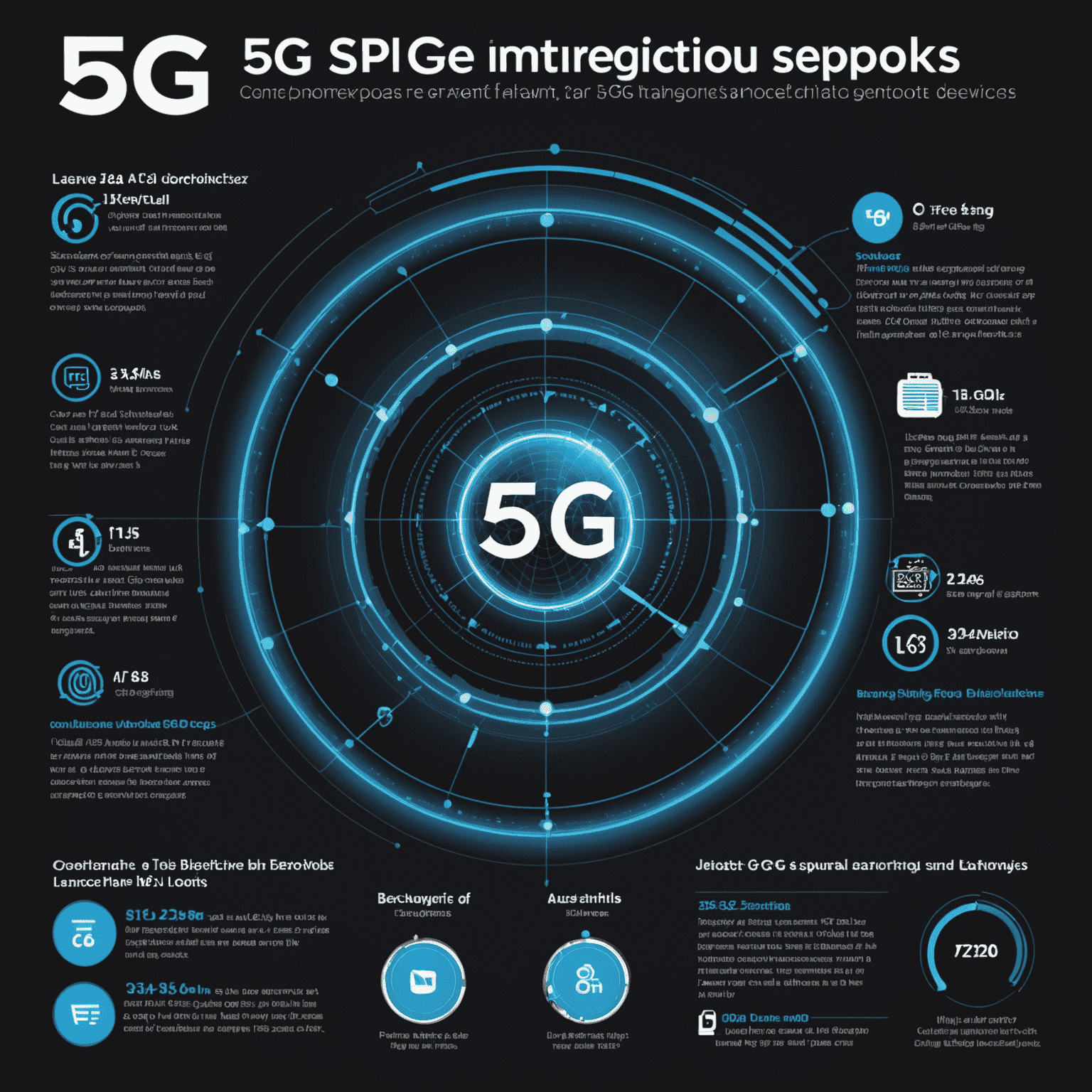5G Networks: Transforming Digital Connectivity in the UK

The United Kingdom is on the cusp of a digital revolution, as 5G networks begin to roll out across the country. This next-generation wireless technology promises to deliver faster speeds, lower latency, and greater capacity than ever before, enabling a host of new applications and services that will transform the way we live and work.
With 5G, consumers can expect download speeds of up to 20 Gbps, allowing them to stream high-definition video, download large files, and play online games with virtually no lag. Businesses, meanwhile, will be able to leverage 5G to enable new use cases such as remote surgery, autonomous vehicles, and smart cities.
One of the key benefits of 5G is its ability to support a massive number of connected devices. This will be critical as the Internet of Things (IoT) continues to grow, with billions of sensors and devices coming online in the coming years. 5G networks will be able to handle this increased traffic, ensuring that devices can communicate with each other seamlessly and reliably.

Another major advantage of 5G is its low latency, which refers to the time it takes for data to travel from one point to another. With 5G, latency could be reduced to just one millisecond, compared to around 50 milliseconds with 4G. This will be critical for applications such as remote surgery, where even a slight delay could have serious consequences.
Of course, deploying 5G networks across the UK will be a major undertaking, requiring significant funding from mobile operators and the government. However, the potential benefits are enormous, with some estimates suggesting that 5G could boost the UK economy by up to £15 billion per year by 2025.
As 5G networks continue to roll out across the UK, it's clear that this technology will have a transformative impact on our digital landscape. From faster speeds and lower latency to support for a massive number of connected devices, 5G is set to revolutionize the way we live, work, and communicate in the years ahead.